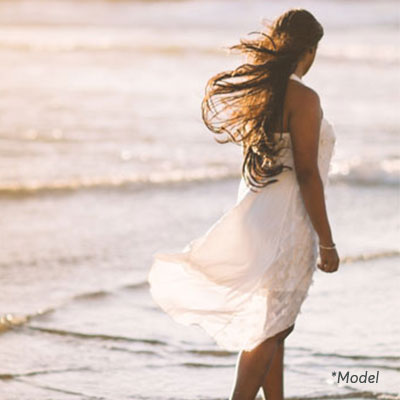
Many people are recovering from Covid-19. As the latest variant cuts its swath through our communities, we talk and read and hear a lot about people getting infected, but much less how to recover from its effects on us.
Many of us will get or have had Covid-19. Of course, we know some people will become very ill, and some require hospitalization or worse. We also hear of some having very mild symptoms, a day or so with a mild sniffle.
What about in between?
At least two people very close to me were sick during the holidays. Sick enough they could do little but try to manage the symptoms and hope they didn’t suddenly get much worse and require hospitalization. Sick enough to have headaches lasting days with a fever or a cough lasting more than a week. Horrendous sore throat. No life threatening aspects but not knowing during the illness, if it would become worse. And at higher risk for age reasons.
Both of them are about two weeks out from being “symptom-free” by most definitions.
I am going to say recovering from a viral illness isn’t that different from recovering from an athletic injury. Or surgery. I think re-injury can result in both if you do too much too fast.
Respiratory mucosa (the lining of your nose, pharynx (back of the throat) sinuses, ear canals, bronchi (windpipes), and lungs can recover quickly, if conditions are right. But we can do a lot to impair this.
Smoke is the most obvious way. It’s an absolute taboo. But alcohol can also be devastating in retarding or reversing the healing process. A cough that was gone comes back and stays for a week, or if another evening with alcohol intervenes, the process becomes prolonged in a recurrent cycle.
Most of my patients can’t wait to get back to their exercise routine, and I often have to hold them back before giving them a graded return program. With respiratory illness, the same applies. The idea of exercising vigorously as soon as the runny nose or cough have stopped is just plain wrong.
If you’ve spent 3 days in bed, your bones have already begun to lose Calcium, and your muscles will have tightened and lost tone. Longer, and you will start to lose some bulk, especially if you had a fever during the acute phase of the viral illness.
You still need lots of rest. Anything you do, whether it is work or recreation, will stress your recovering physiology. Repair takes place during those periods of rest, after whatever body part or system has done work, and responds to the stress. This is true for your mind as well as your body. Make time to rest your mind. Make time to rehab your body.
Your physical activities should start with gentle stretching for a few days, something like a light yoga routine in the morning.
If you are a runner, start with walking, testing your tolerance gradually. In the first few days after having the flu or Covid, walking a gradually increasing number of blocks will be enough. Then do some short intervals, and gradually lengthen them. By gradually I mean gradually. Take weeks to build up your endurance and strength again, only adding burst intensity after both are well established.
If you are a gym person, right now with gym visits limited, it can be challenging. The same rules for going slow apply. Build up resistance slowly from small loads. Make sure you can do multiple sets with a load without injury before moving up. And make sure to get the range of motion back, to avoid injury.
I love to ski but I don’t think riding lifts alternating with vigorous downhill runs is good. There is rapidly changing altitude and temperatures. Vigorous exercise with overheating and excess cooling of the core is disastrous if you are freshly recuperating from a respiratory illness.
I’m going to again put a plugin for my belief in Vitamin D as a potent help in respiratory health. As I wrote back in 2019 before the pandemic started,
“There is some, although weak, scientific evidence taking higher doses of daily Vitamin D (2000- 4000 IU) is beneficial. This may be why the longstanding folk preventive of Cod Liver Oil worked. The evidence in the scientific world isn’t strong”
I’m going to say the evidence now is actually fairly convincing. Here’s a link if you’re interested.
If you take Vitamin D regularly, I think respiratory viruses are less apt to infect you and even if you do get sick, the length of time you are ill will be less and your recovery will be faster. I think there may be a benefit to using the concentrated 1000 units/drop preparations and the maximum dose, 4 drops daily. I do this eight months a year, assuming I get enough natural Vitamin D through the late spring and summer. But it’s only one piece of the puzzle.
I am happy to be back at this blog after a rather extended hiatus. There will be more.
Like all of you, I hope we are soon coming to the end of the worst aspects of the pandemic.

Dr. Gelfant’s Living Beautifully Blog
Join our mailing list and receive updates when a new blog is posted by Dr. Benjamin Gelfant.